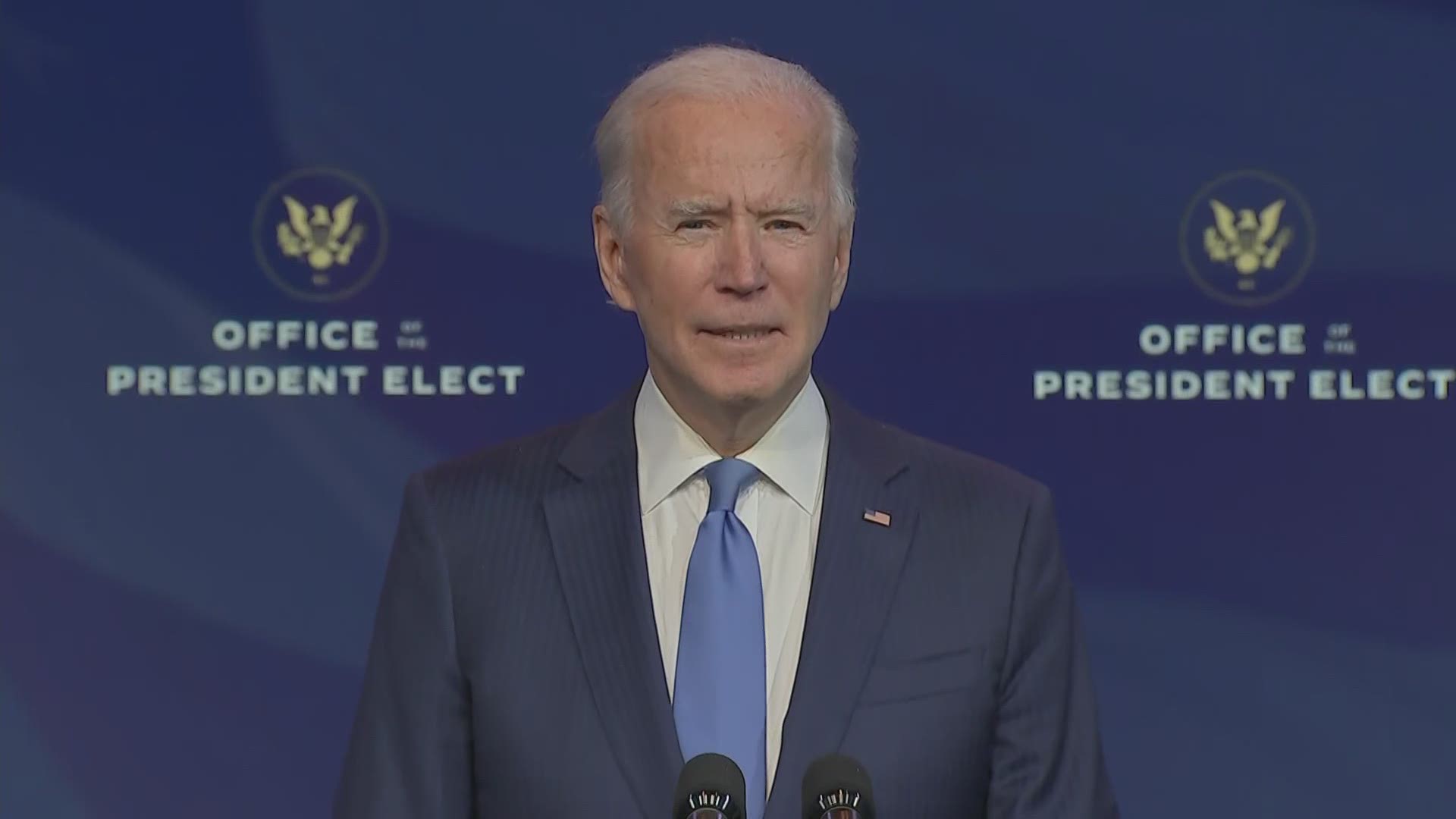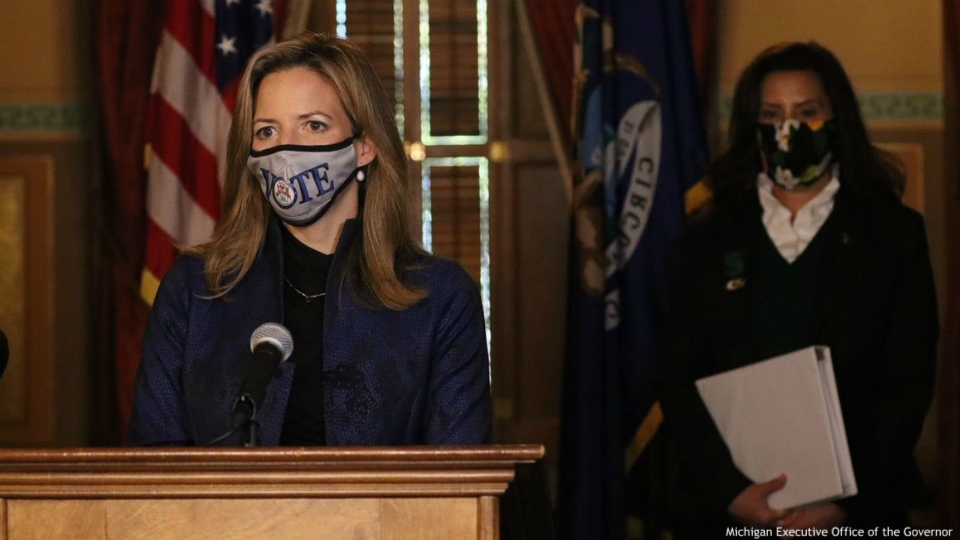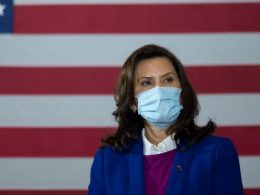The Michigan Department of Health and Human Services (MDHHS) announced priority groups for COVID-19 vaccination administration Friday.
An advisory panel for the U.S. Food and Drug Administration (FDA) voted Thursday to recommend approval of emergency use of the Pfizer vaccine.
If the FDA moves forward with approval, the first COVID-19 vaccine could be ready for distribution in the U.S. as early as next week.
Michigan is expected to receive 84,825 doses in the first shipment of the Pfizer and BioNTech vaccine. The state health department has now released further details on who will be receiving the vaccine first.
Currently, 56 hospitals and 16 local health departments are equipped to receive the Pfizer vaccine, which must be stored in ultra cold freezers.
“The COVID-19 vaccine will help all our communities eliminate the virus,” said Dr. Joneigh Khaldun, MDHHS chief medical executive and chief deputy for health. “Because initial allocations of vaccine will be limited, we must prioritize how the vaccine will be distributed across the state and will use the guidance and principles outlined by the CDC and national experts. We want every adult to be planning now for how they will get their vaccine once it becomes available to them.”
Michigan health officials have set a goal of vaccinating 70% of Michiganders 18 years or older by the end of 2021. The MDHHS is following recommendations from the Centers for Disease Control and Prevention (CDC) in creating priority groups for COVID-19 vaccine administration as vaccine availability is expected to be limited at the outset.
The priority groups are as follows:
- Phase 1A:Paid and unpaid persons serving in health care settings who have direct or indirect exposure to patients or infectious materials and are unable to work from home, as well as residents of long-term care facilities.
- Priority 1: Keep critical health care infrastructure open and functioning (i.e., hospitals, critical care units, and emergency medical response systems) through vaccination of staff who perform direct patient care and work in critical areas.
- Priority 2: Prevent outbreaks in long-term care facilities (by vaccinating first staff and then vulnerable residents)
- Priority 3: Keep necessary health care infrastructure functioning (beginning with the vaccination of those performing high risk procedures, those who have direct patient contact and then those indirect patient contact)
- Phase 1B: Some workers in essential and critical industries, including workers with unique skill sets such as non-hospital or non-public health laboratories and mortuary services (i.e. teachers, childcare staff, corrections facilities staff, some infrastructure workers)
- Phase 1C: People at high risk for severe COVID-19 illness due to underlying medical conditions, and people 65 years and older
- Phase 2: Mass vaccination campaign for all adults ages 18 years and older
The MDHHS said these phases will likely overlap; vaccination in one phase may not be complete before vaccination in another phase begins.
The initial COVID-19 vaccines will require two doses, separated by three of four weeks. There will be no out-of-pocket costs for the vaccine, but healthcare providers may bill insurance for administrative costs, according to MDHHS.
The Moderna vaccine will be considered for FDA approval next week, and Michigan is expected to receive 173,600 doses initially.









